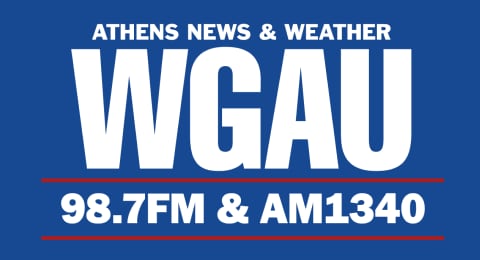In the last few days before instruction resumed at the University of Georgia, over 90 public health students were hard at work crafting infographics, data visualizations, policy briefs and even Tik Toks – all in aid of supporting communities with useful, evidence-based information on COVID-19.
The effort was part of a 48-hour virtual hackathon, hosted by the UGA College of Public Health.
Dean Marsha Davis (pictured above) says the COVID-19 Virtual Hackathon was a natural way for public health students to engage in the college’s ongoing efforts to serve Georgia communities.
“At all times, but especially during this pandemic, UGA’s College of Public Health is called to provide leadership and information to guide policymaking that is grounded in scientific evidence,” said Davis. “This is at the heart of our research and service mission, and extends to the training of our students.”
Beginning on March 25 at 5 p.m., students launched into their projects.
Led by Davis, CPH faculty researcher Grace Bagwell Adams and a team of 10 faculty mentors, students were asked to put their training in public health theory and practice to use in developing messages for specific audiences on COVID-19 information.
“The goal of our Hackathon was twofold,” said Adams. “First, we wanted to provide useful information to communities across Georgia, and second, this event offered a meaningful experiential learning opportunity for our students to respond to this public health crisis in real time.”
Two days later, hackathon leaders were astounded by what the teams delivered.
The projects addressed issues like how to talk to kids about the coronavirus, how to tell the difference between allergies and COVID-19 symptoms, and the possible impact of shelter-in-place policies on homelessness and domestic violence. Some students created COVID-19 lesson plans for middle schoolers; some tackled data visualization projects to help the general public make sense of the changing case numbers.
“I am inspired by the dedication, ingenuity and tenacity of our students and their faculty mentors,” said Davis. “There is much work that lies ahead of us in public health, but seeing the great work of our students and faculty, I know that we will get through this together, in partnership with each other and our communities.”
Beginning March 30, students began sharing their work with the world.
“I have already received requests from nonprofits, local government, faith organizations and philanthropy for the materials produced,” said Adams. “I have no doubt that our students have made a contribution to the public’s health and the many organizations that are pushing information out to communities across our state.”
Explore the public health COVID-19 Virtual Hackathon projects here.






